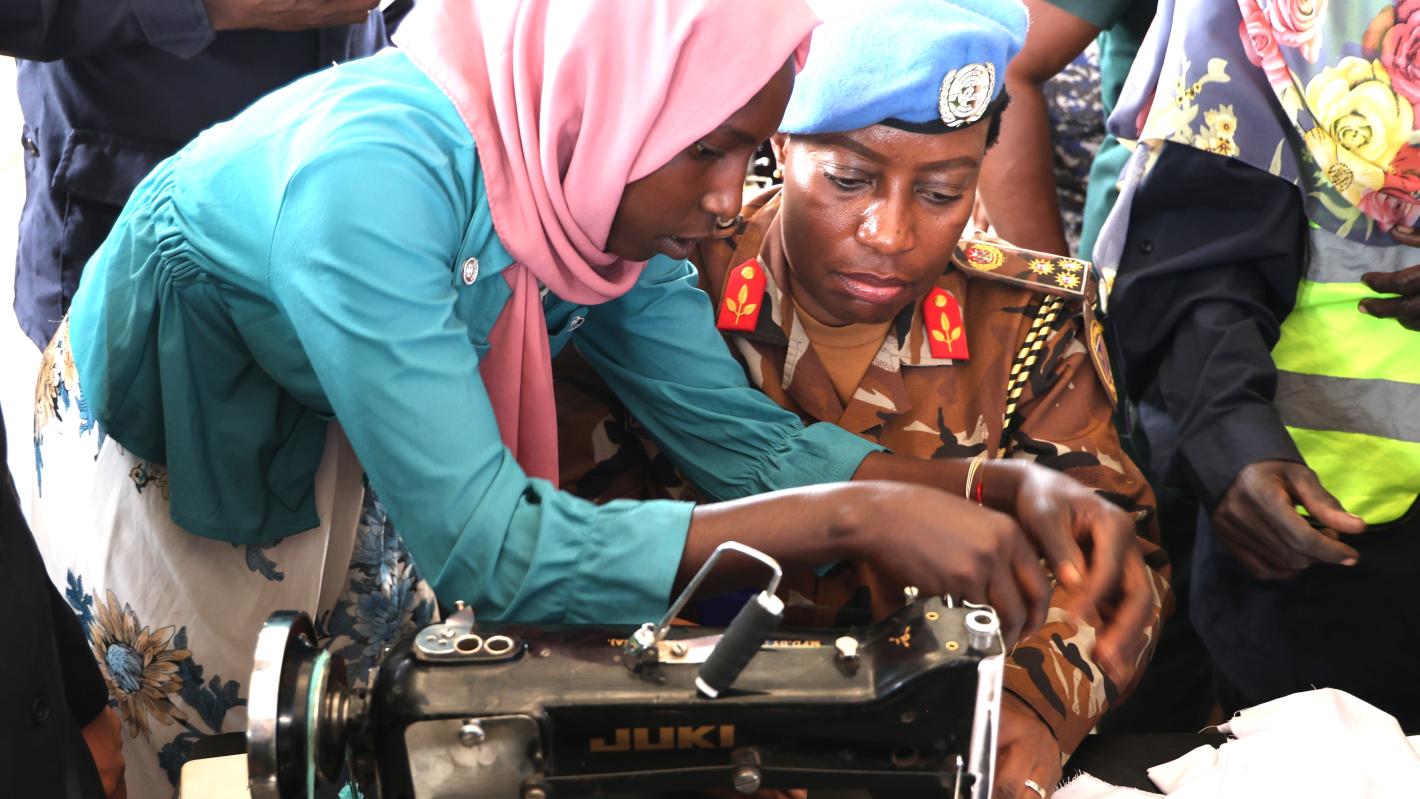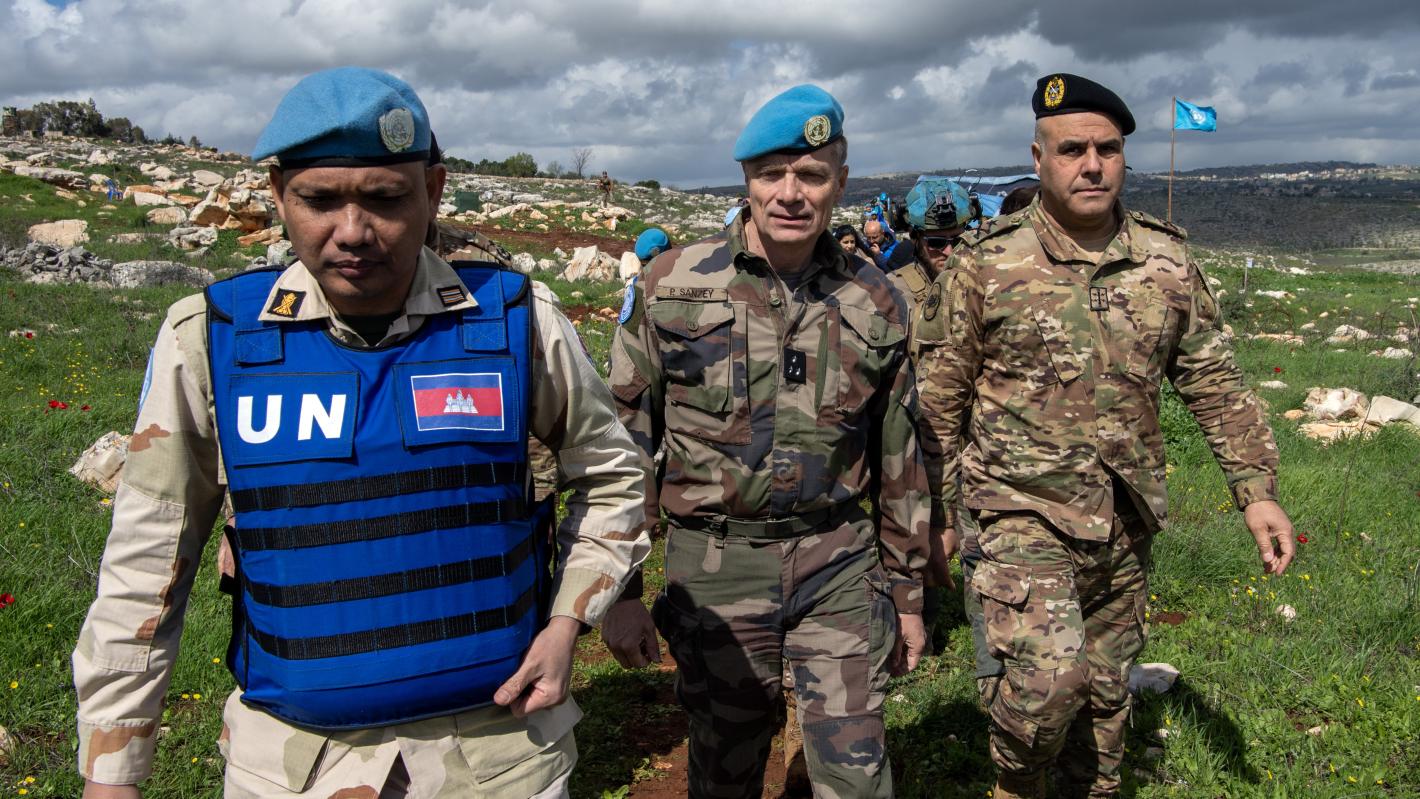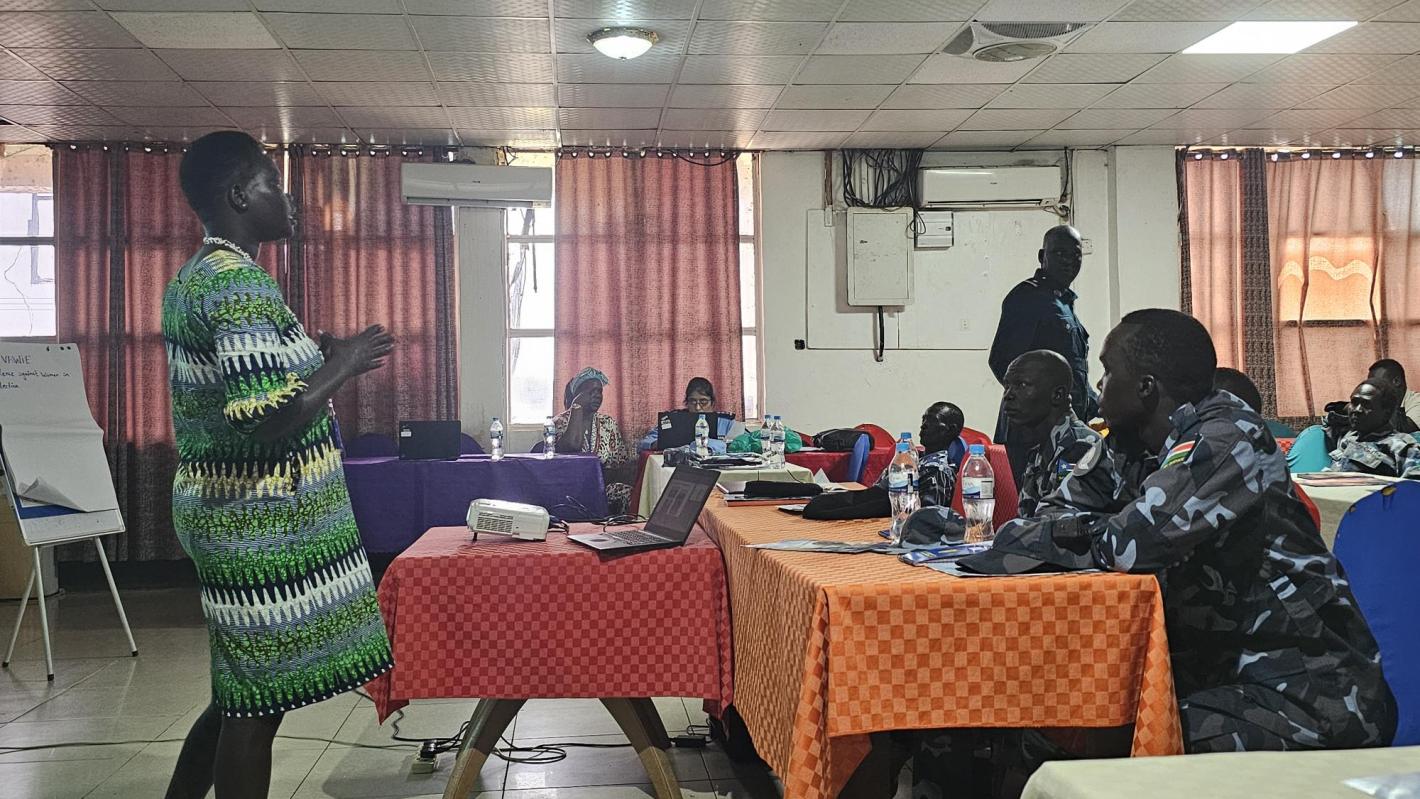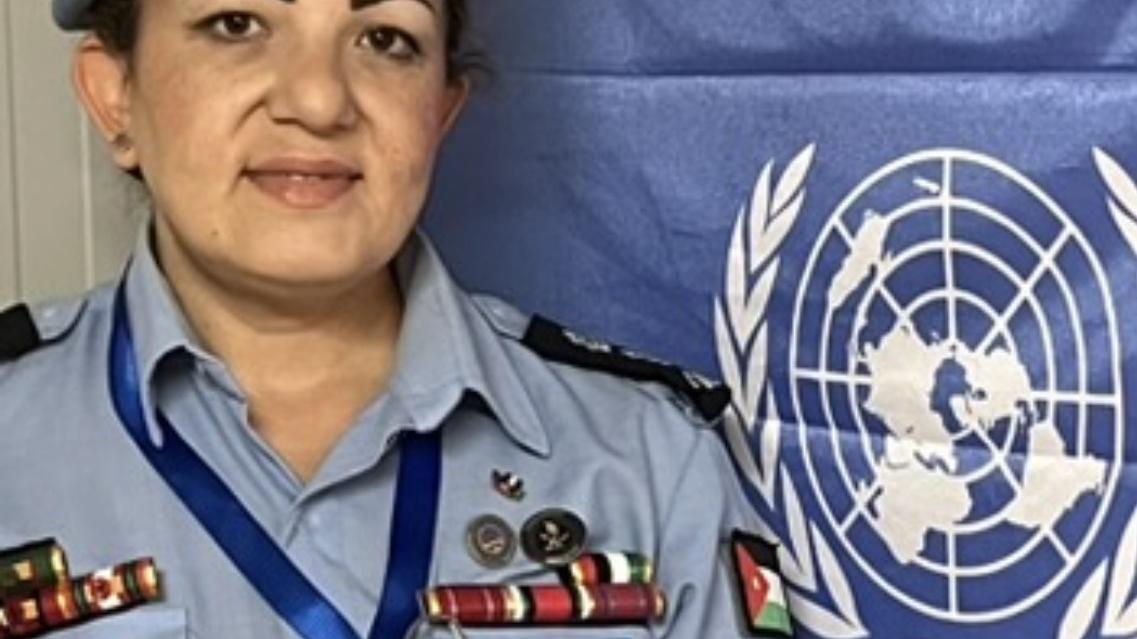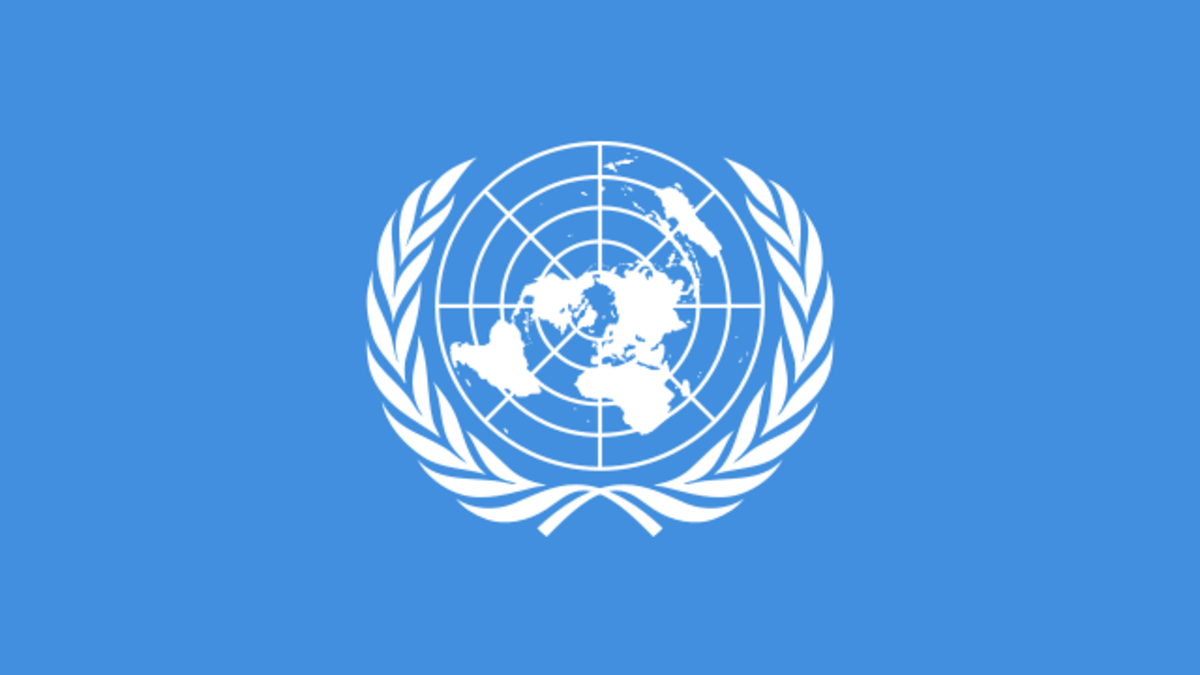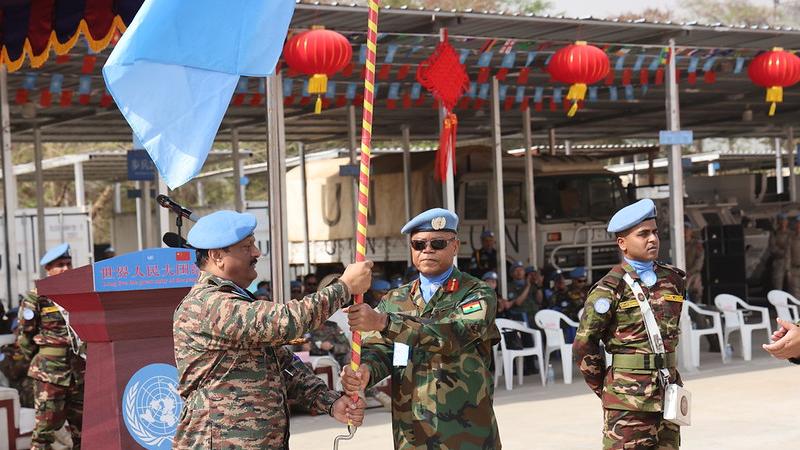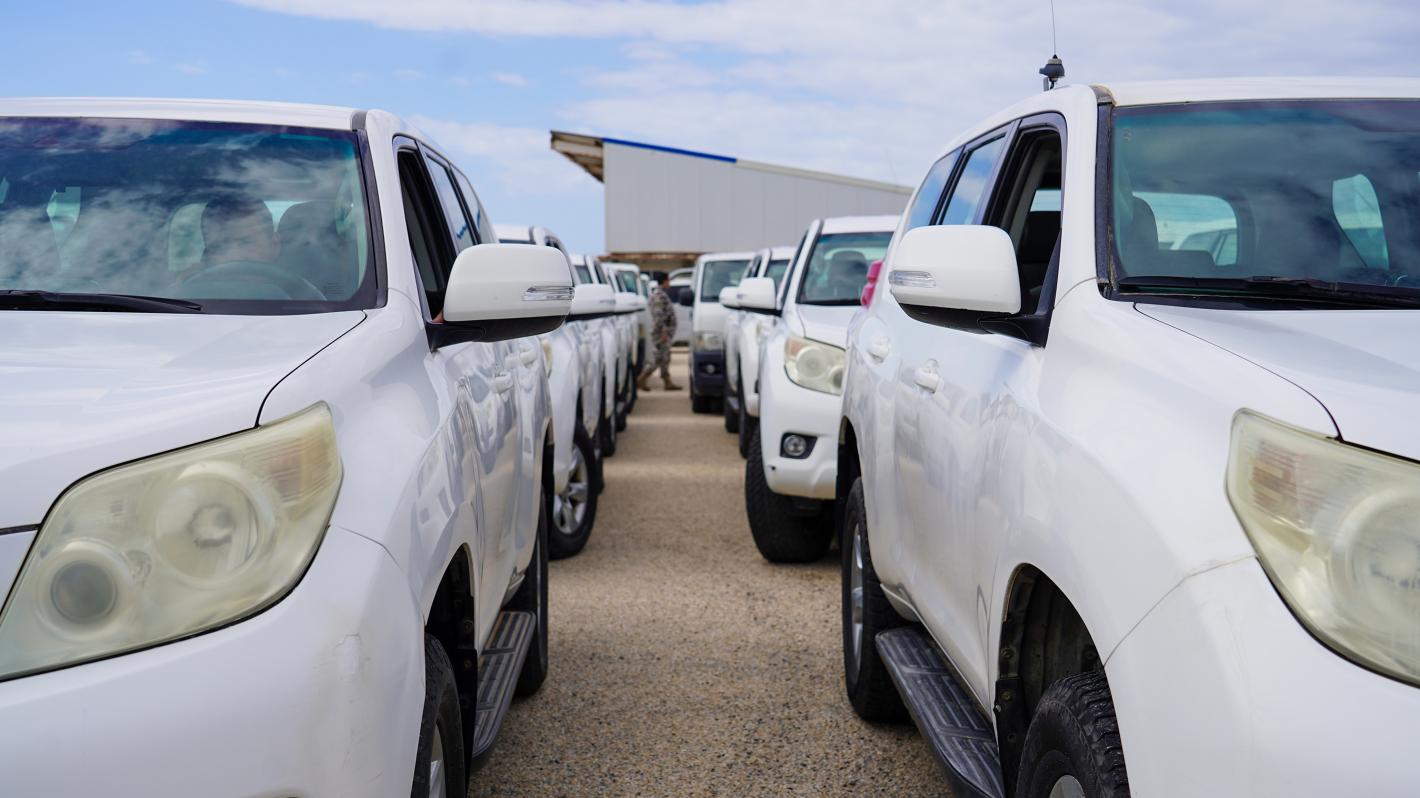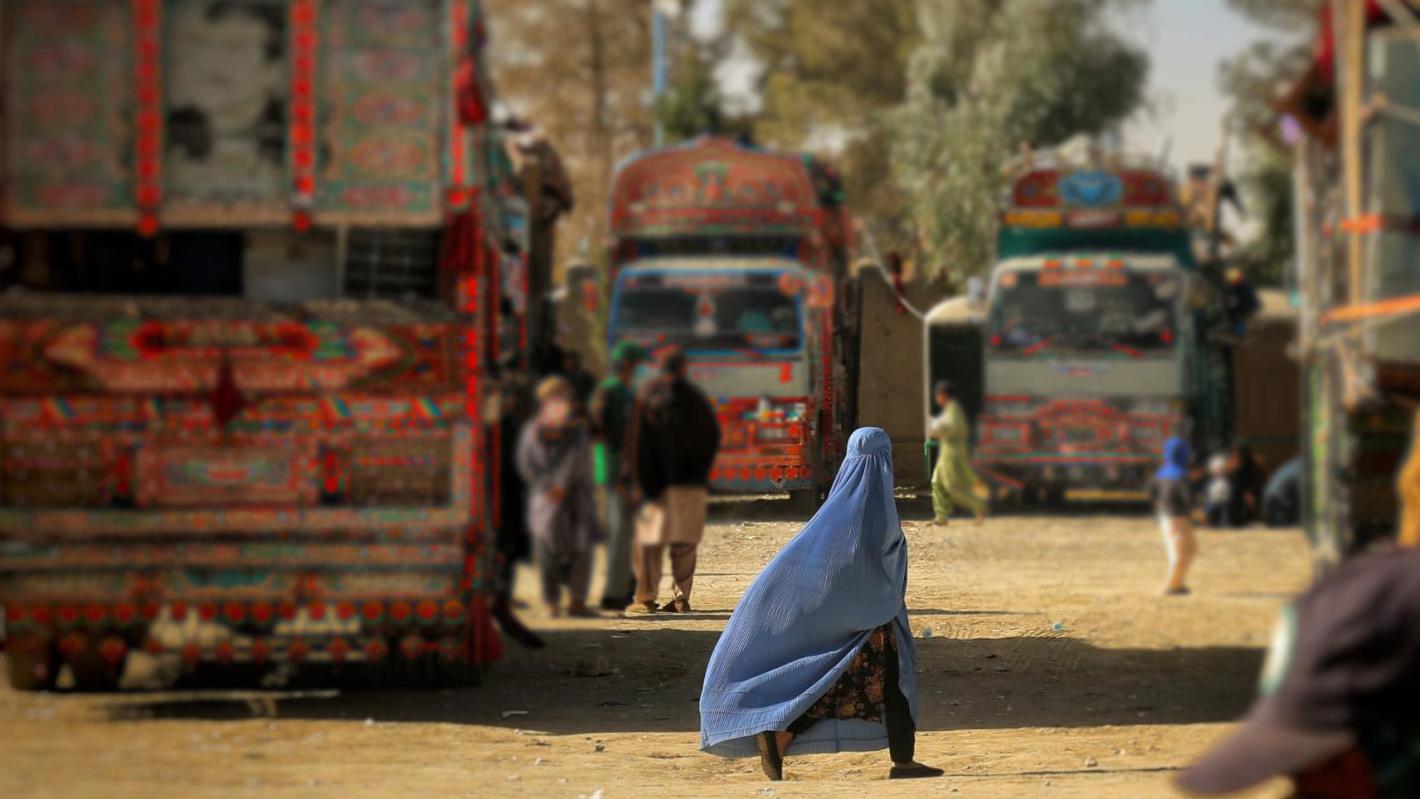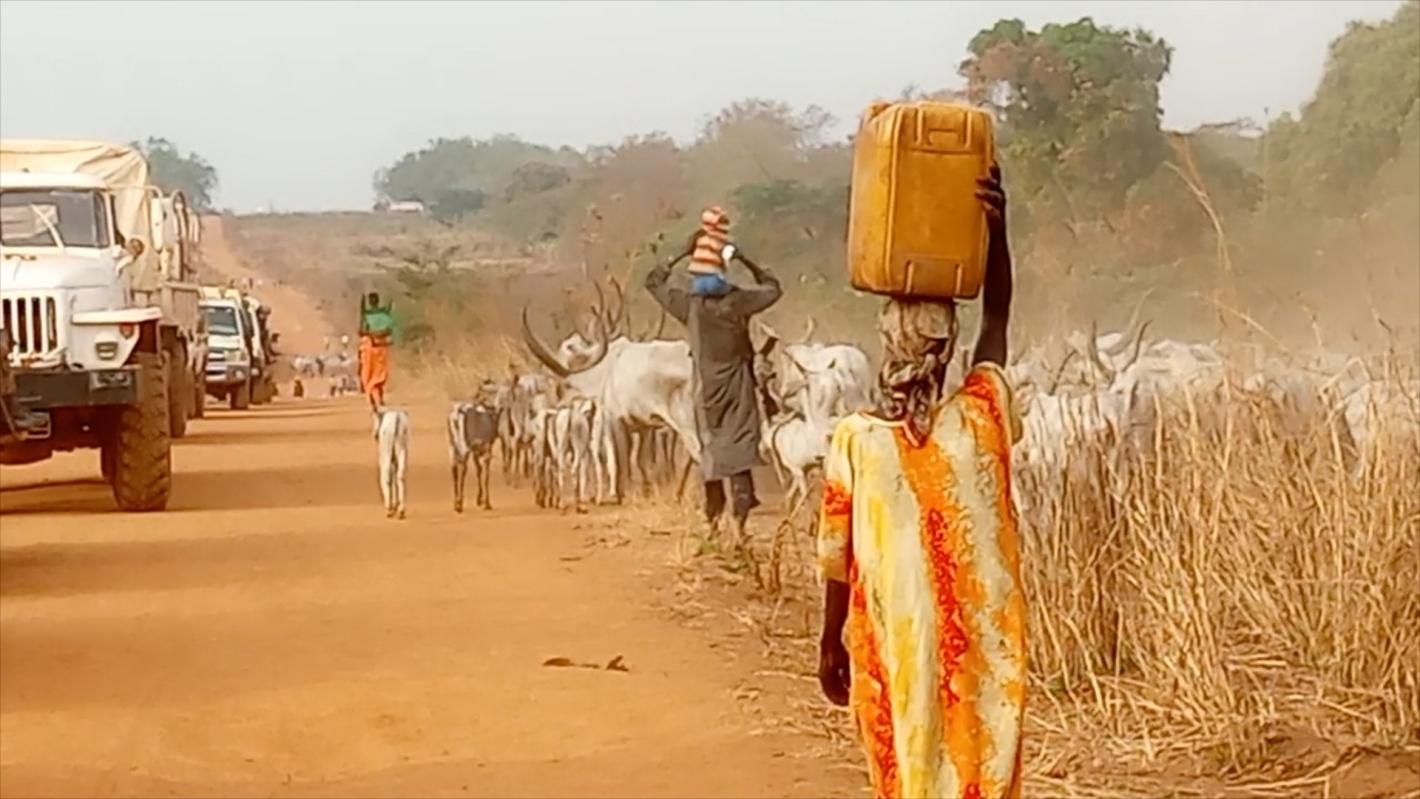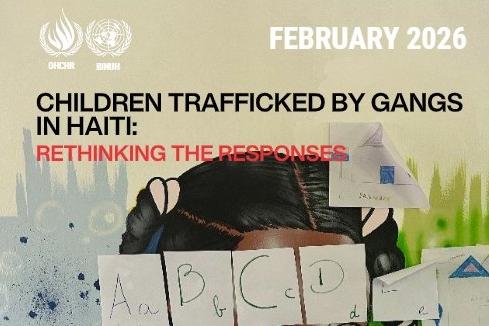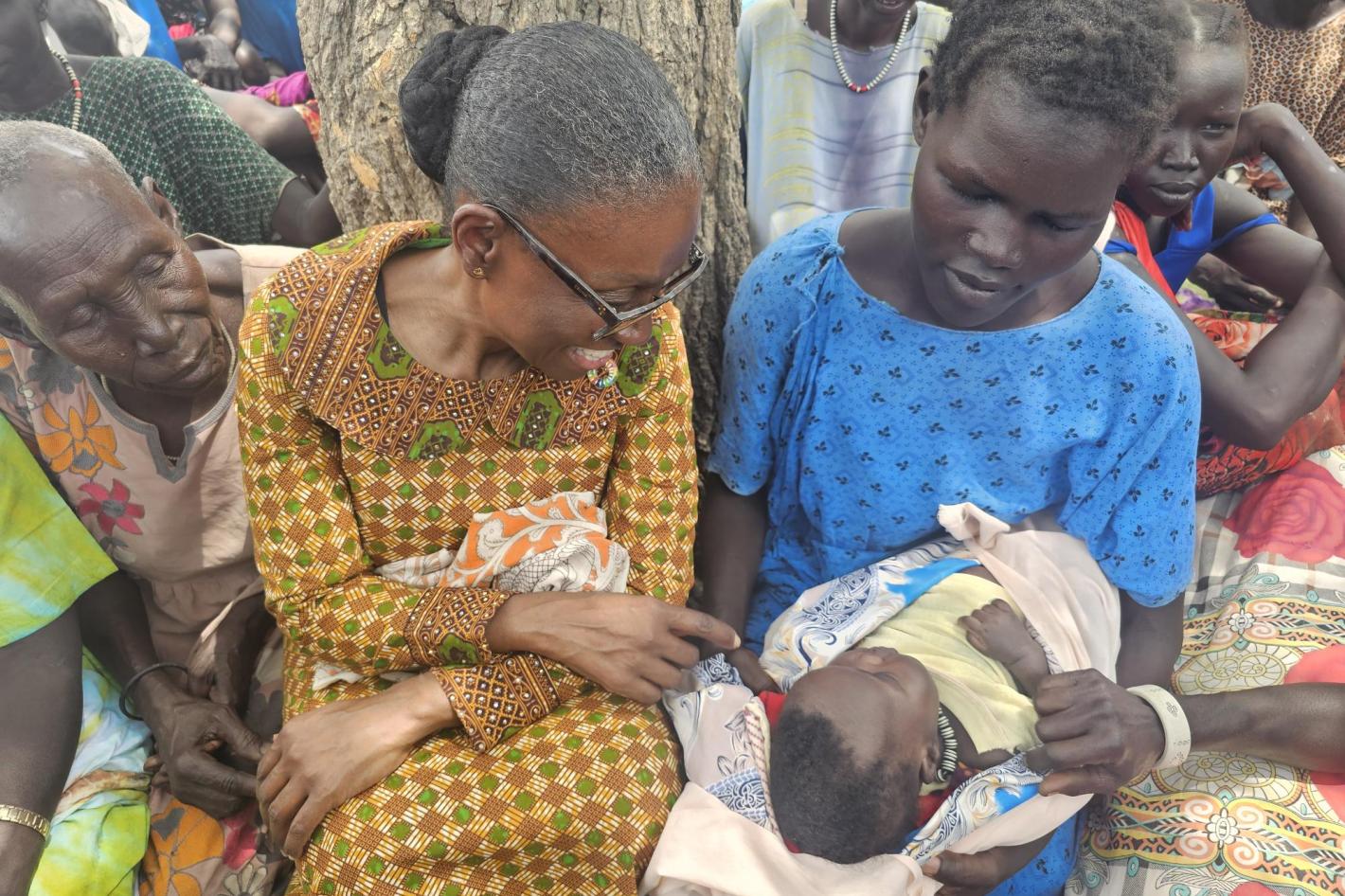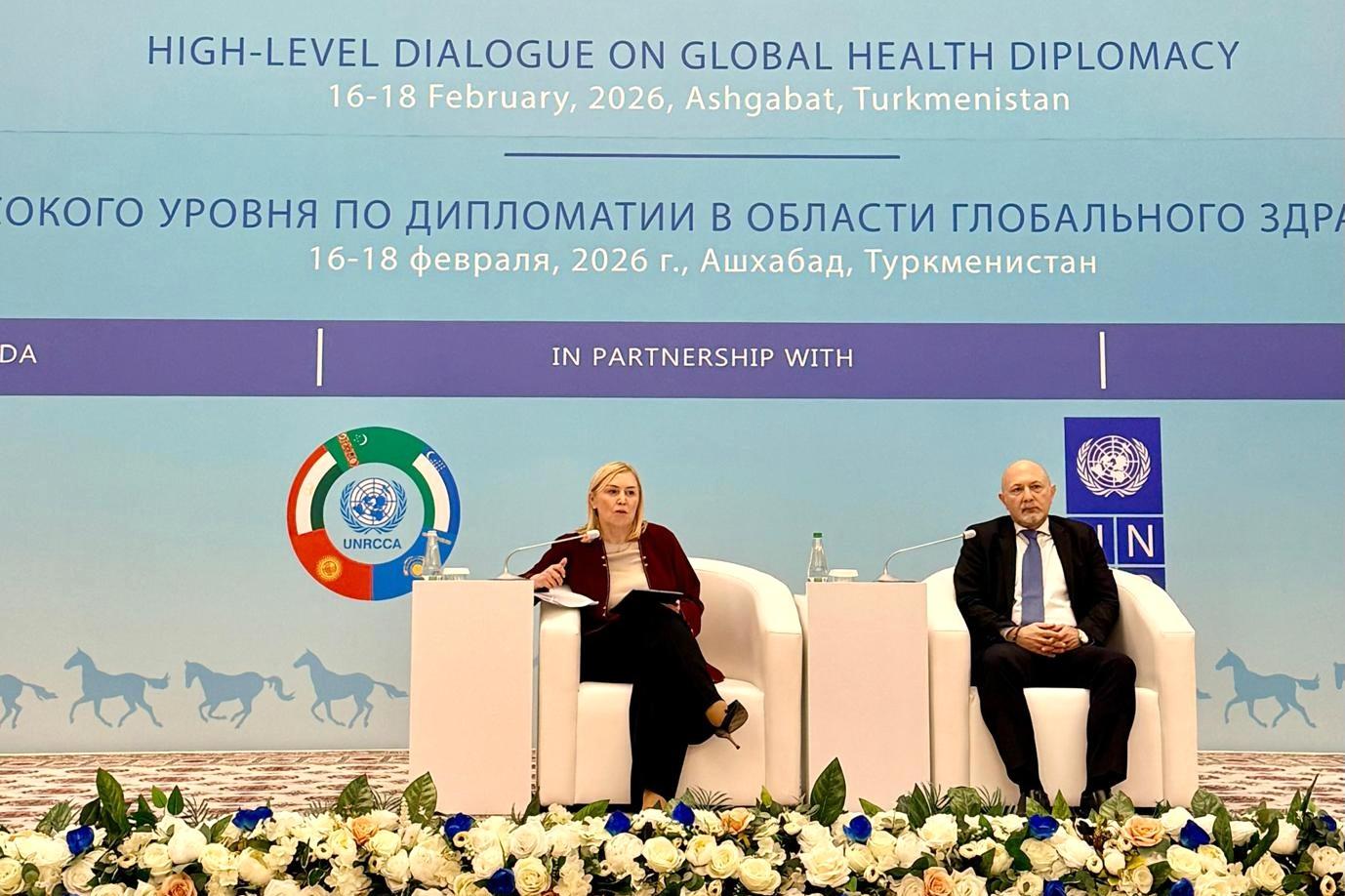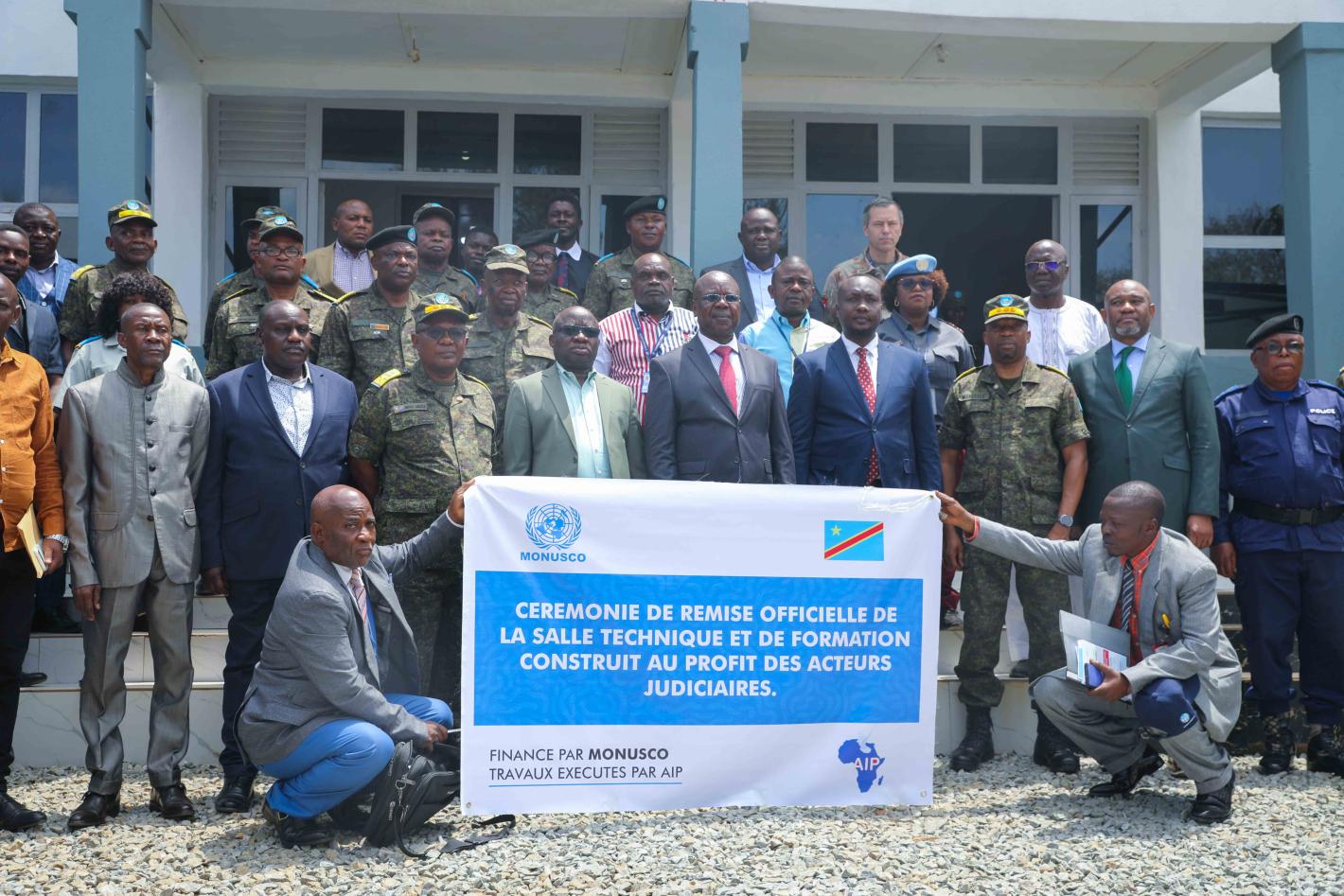News
Showing 25-36 of 38770 results found.
A UN report published on Friday details the brutal and widespread trafficking of children by Haitian gangs, warning their actions threaten not only the wellbeing of today’s children but also of future generations. The report…
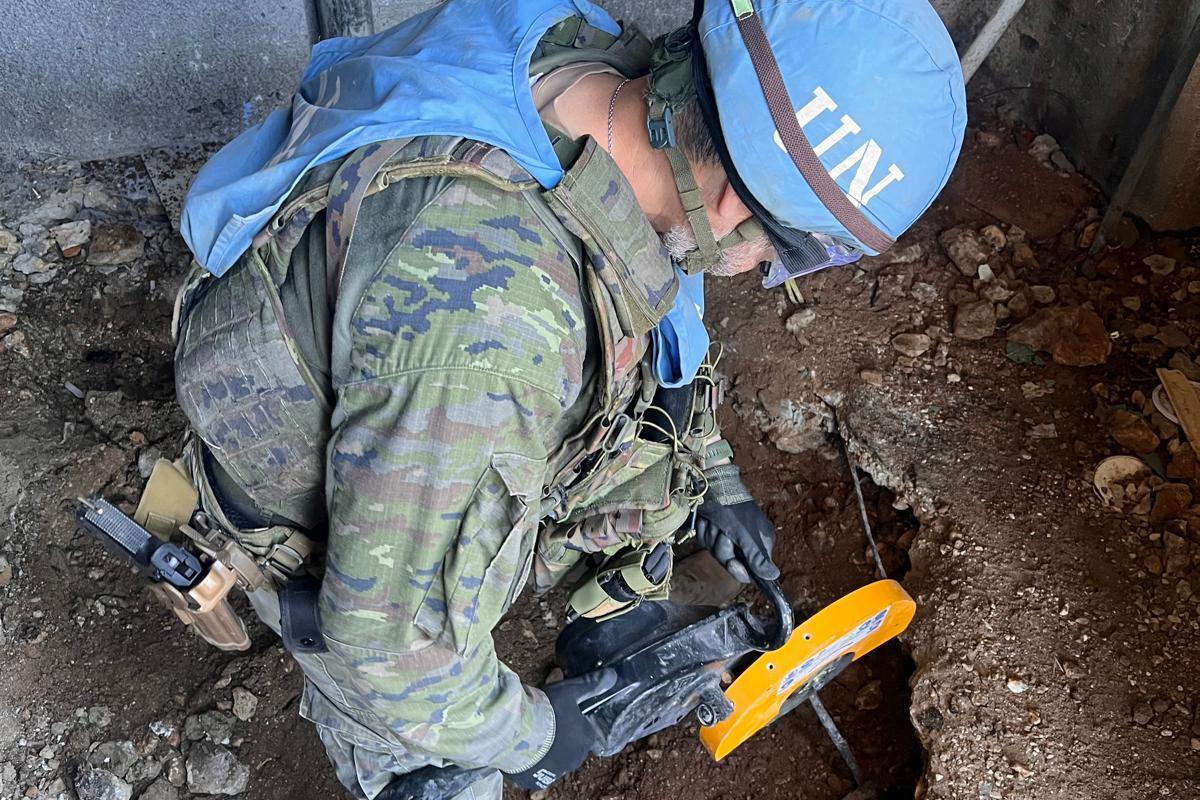
Opening the floor of the house to reach the projectile
Last week, UNIFIL peacekeepers supported the Lebanese Armed Forces (LAF) in extracting and removing two unexploded ordnances (UXOs) in the town of Al Aadeisse in south-eastern Lebanon. These operations enhance the security of…
Two distinct mechanisms play a key role in Haiti: the United Nations Integrated Office in Haiti (BINUH) and the United Nations Support Office in Haiti (UNSOH). While both operate in the Haitian context, their mandates…

UN Photo/Eskinder Debebe
- Briefings to the Security Council
Thank you, Madam President. This is a pivotal moment in the Middle East. After years of devastating conflict and immense human suffering, there is an opening, one that could allow the region to move in a different direction…

UN Photo / Eskinder Debebe
- SRSG Briefings to UN Security Council
Today, Special Representative of the Secretary General, Hanna Tetteh, briefed the UN Security Council on the latest developments in Libya.

